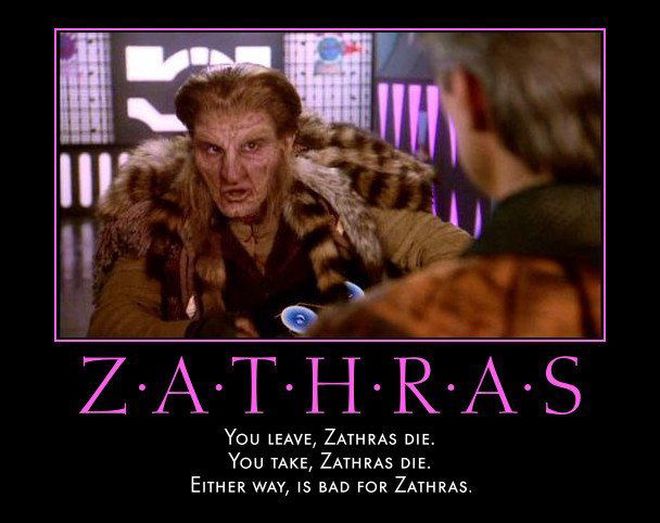What happens to the gigabytes of archives I have tucked away on Dropbox when the account is not renewed? Unless I provide for their continued maintenance in my will—assuming I have any estate that outlives me—they will go away, gone forever.
Even the free services—GMail, Flickr, Tumblr, Facebook, Twitter—could just quietly drop the accounts after we pass on. There’s obviously a business there: curation of our collective individual histories. But so far, companies like Google, Facebook and Twitter want no part of it.
This isn’t just about sentimentality or attachment to our intangible cultural legacy. What about digital assets with real value—music we create, videos we produce, books we write? Copyright protects us (somewhat) from piracy, but not for preservation. As we ourselves become worm food, our digital tracks, so much a part of our lives, disappear into the ether.
Over the centuries, so much of our human legacy written on perishable hides, papyrus, paper, even stone has been lost to the ages. Even in the past 100 years, how many books have gone out of print and disappeared forever? How many hundreds of movies disintegrated or burned in studio vaults—or were never archived at all once the initial film prints were shipped to theatres?
We’re smarter about these things now, but have we arrived at an actual solution yet? We like to think digital is forever, but if the account is closed, the service is shuttered, or the provider just doesn’t want to have to deal with the ex-you at all, that timeless legacy is suddenly lost, likely never to be found again. And digital files you have saved locally will require a device to interpret them. Heck, they need to survive long enough on the medium on which they’re stored! When you can’t just pick up and read a document (a story, a journal, an essay, a letter to a loved one), listen to a recording, or watch a home video — when you need some kind of device with the proper hardware to read the medium and proper software to interpret the files, and those things aren’t handy, how forever is that content?

I’ve been writing over thirty years. I have short stories, screenplays, miscellaneous documents saved to 3.5" floppy drives—some even on 5.25" floppies. A few of these documents are in a Wordperfect 3 format, others in a screenwriting format created by a vendor long since gone. Lord knows if these ancient discs are even still readable! I don’t even have a machine that can read floppies.
I wrote my college thesis on a mainframe computer (with inline formatting not much unlike hand-coded html), but I never received a digital file because, of course, I didn’t have a mainframe computer with which to interpret it—or even a PC to read the disc, or tape. Everything I did in grad school, and since then, has been on computer, but through machine deprecation, floppy disc backups, software obsolescence, scratched and disintegrating CD backups, hell if I can get at most of it.
Video work was produced and archived in now-deprecated formats requiring what are now ancient machines just to play—and that is if the tapes haven’t flaked off their magnetic coating or simply degaussed over the years. Film work was no more hardy, with answer prints saved on celluloid—with low-quality optical audio, the mix masters lost to the ages.
My first blog was on Geocities, now gone. All the personal and business websites I created from 1995 to 2004 are long gone as well—except for this blog.
So what are my most persistent records of my old work?
Paper notes, paper journals, paper printouts.
So which is the archive medium, ultimately?
